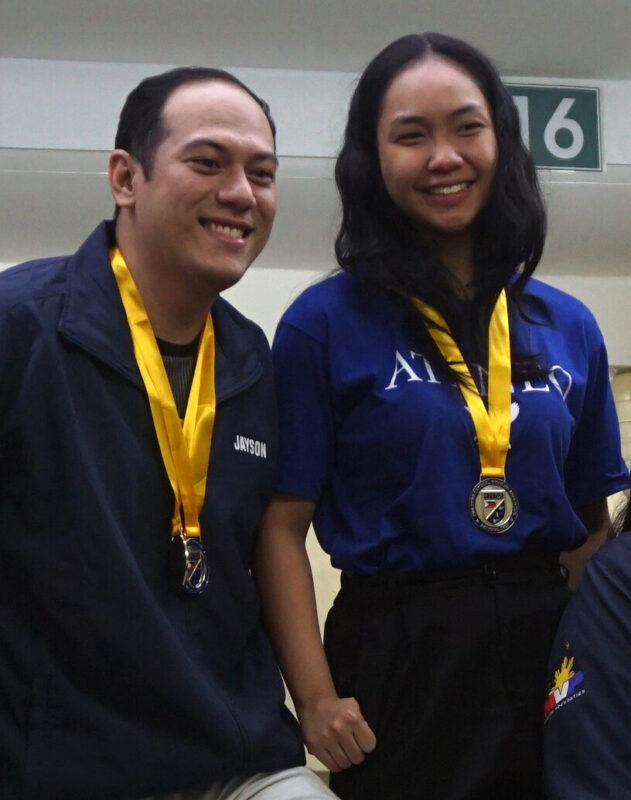LAST FEBRUARY 17, the Development Studies (DS) Program hosted a homecoming for its graduates. During the event, Vice President for Higher Education Maria Luz Vilches welcomed our alumni back by stating: “Welcome back to the Ateneo, welcome home.”
It has always been a fascinating idea to me why many of us consider Ateneo our home—or at least one of our many homes. Allow me to share my reflections on why our University means the same to me.
Back in 2017, I paused my career as an Office for Social Concern and Involvement (OSCI) formator to pursue further studies in Japan. Little did I know that the supposed one-year experience led to a five-year absence culminating in my doctoral degree. I came back to our school still wishing to fulfill my duties with OSCI. The eventual goal was to teach with the DS Program, and that transfer did happen a few months after my return.
What many did not and do not know is that my return came with some additional baggage. The circumstances surrounding my life then were not what most people would consider ideal. Still, these unconventionalities gave my greatest gifts: my daughters, Lucy and Riley.
To be perfectly honest, I was quite afraid when I had returned. I did not know what would become of me, or what people deciding my professional fate thought of my situation. Yet, to my most grateful surprise, they had my back. People whom I looked up to and admired from my college years up to now gave me some of the strongest forms of support that I could ever need. And so, the Ateneo felt like a home.
Going back to the DS Homecoming, it was the very first time I re-encountered former students—those that were left under my care and are now flying beyond the hill.
I felt a unique sense of joy seeing familiar faces. Some were in places where they experienced joy, while others felt lost.
It was quite a different experience hearing from those feeling adrift. Several mentioned and felt ashamed of being unprepared for the real world, getting lost in search of their calling, or taking a job that did not align with being a DS graduate. In mentioning these, some even apologized, and that truly broke me—not because I expected more, but because there was nothing to apologize for.
I guess this is how the father from the famous parable felt when he saw his son return. Of course, our graduates are not prodigal children, but in their feeling lost, I hope we were able to make them feel that we can be arms that catch them and that we have their back. In doing so, I want them to feel that Ateneo is a home.
Coming from these two experiences, I think I have realized that acceptance is the key to a home. Like my students, I did not know how my Ateneo parents—our teachers and staff—would take learning where we are in life. But, like my co-faculty and staff, I want you to know that we are happy to learn of and accept where you are. We just want to let you know that you are always welcome to come home.
As an institution, our school births a culture in each of us that creates this somewhat immediate sense of belonging when meeting another Atenean. As a place, our University provides us opportunities to reminisce about the time we’ve spent with people we have grown to have come, gone, and stayed in our lives. In returning to our common home, we also receive the gift of all these people returning into our lives, making it so as if they’ve never left.
But, I think this sense of home should go beyond the physical boundaries of our campuses. The Atenean home is where we create a sense of acceptance not just for Ateneans, but for everyone.
When I think of a home, I think of a place of acceptance. This is why my family and I feel that the Ateneo is a home for us. Quite possibly, this is how and why the Ateneo is a home to many of us too.
Kevin Christopher L. Go, PhD is an Assistant Professor from the Development Studies Program and the current SocSc 13 Coordinator. He graduated with a PhD in Public Policy from the National Graduate Institute for Policy Studies in Tokyo, Japan.
Editor’s Note: The views and opinions expressed by the opinion writer do not necessarily state or reflect those of the publication.




